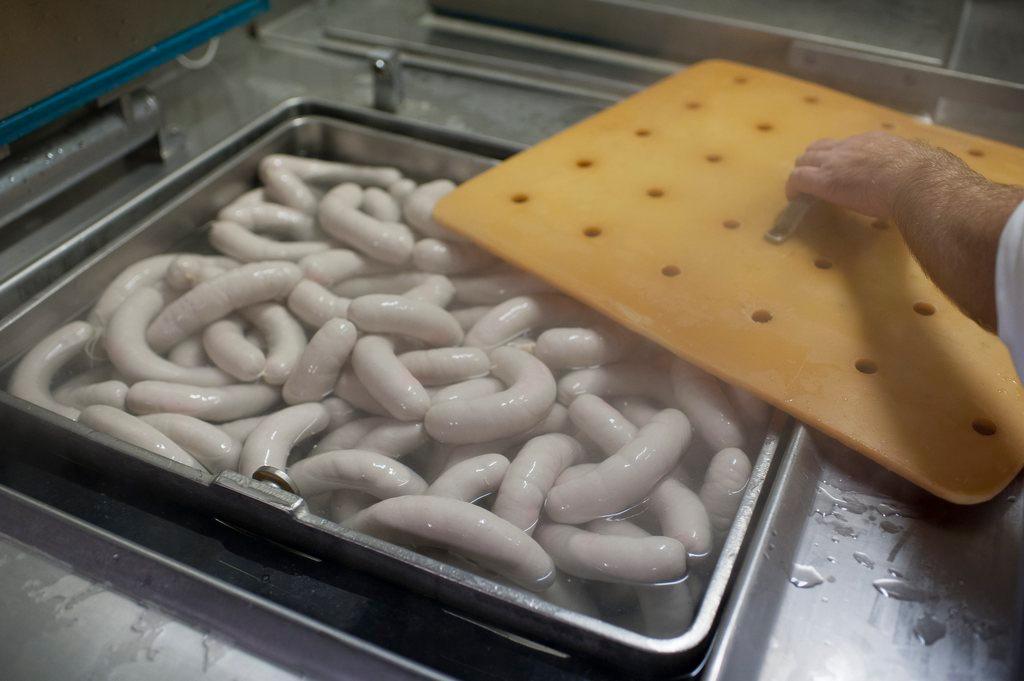Women ‘kinder’ than men, study finds

Male and female brains react differently to selfless and selfish behaviour, with women’s brains showing a stronger reward signal for kindness and generosity, a Swiss study has found.
We’ve all heard the stereotypes of little girls encouraged to share and boys to stand up for themselves. And indeed, previous behavioural experiments have shown that women will share a sum of money more generously than men.
But neuroscientists at the University of Zurich’s Department of Economics wanted to observe what happens in the brain during these decisions. The findings were published online in the journal Nature Human BehaviourExternal link on October 9.
Results from a neuro-imaging study of 40 people showed that an area of the brain called the striatum – responsible for the assessment of reward and active in decision-making – was more strongly activated for women during “prosocial” (selfless) behaviour than during selfish behaviour, while males’ reward systems responded more strongly to selfish behaviour, a university statement saidExternal link.
Medication added
In a second experiment, 56 participants received medication that interfered with dopamine, which plays a key role in the brain’s reward system. Under these conditions, women behaved more selfishly and the men became more prosocial than when they had taken a placebo.
This surprised the team. “These results demonstrate that the brains of women and men also process generosity differently at the pharmacological level,” said lead author Alexander Soutschek. The results also have consequences for further brain research, he said, adding that “future studies need to take into account gender differences more seriously”.
The researchers said, taken together, the studies support the idea that the dopamine-based reward system was geared towards sharing behaviour in women and more selfish behaviour in men.
Caution
But they cautioned against assuming that the results showed gender brain differences were innate or of evolutionary origin.
“The reward and learning systems in our brains work in close cooperation. Empirical studies show that girls are rewarded with praise for prosocial behaviour, implying that their reward systems learn to expect a reward for helping behaviour instead of selfish behaviour,” Soutschek said.
“With this in mind, the gender differences that we observed in our studies could best be attributed to the different cultural expectations placed on men and women.”
This is also supported by findings that indicate significant differences in the sensitivity of the reward system to prosocial and selfish behaviour across cultures, the statement said.

In compliance with the JTI standards
More: SWI swissinfo.ch certified by the Journalism Trust Initiative


You can find an overview of ongoing debates with our journalists here. Please join us!
If you want to start a conversation about a topic raised in this article or want to report factual errors, email us at english@swissinfo.ch.